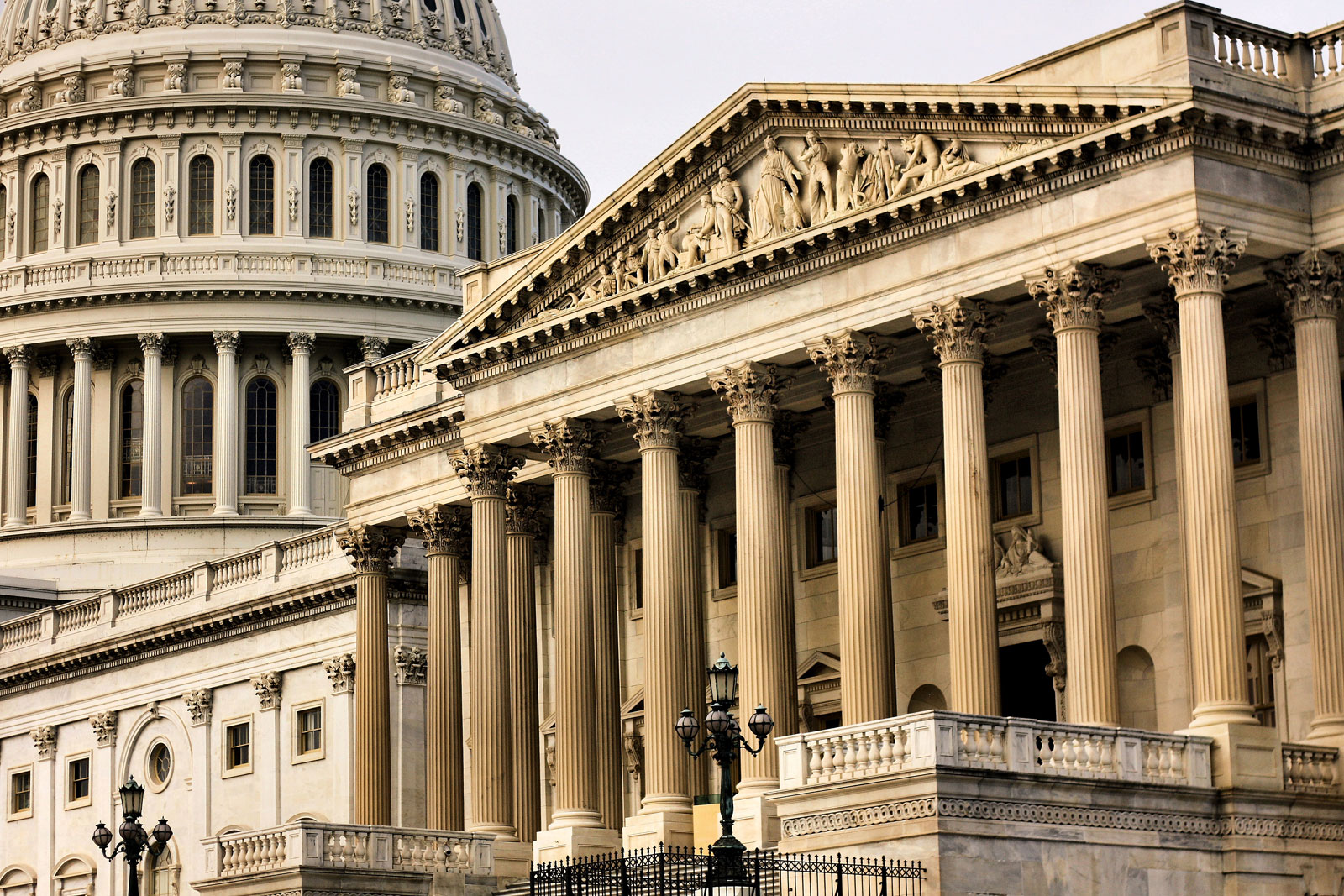The Local newsletter is your free, daily guide to life in Colorado. For locals, by locals.
2016 is the year of the outsider, so it’s fitting that none of Colorado’s Republican U.S. Senate hopefuls are veterans of Washington D.C. politics. But if they don’t care about experience, what do Republican voters want from the man they will choose to oppose incumbent Democratic Senator Michael Bennet? The answer is anyone’s guess, but whatever that X-factor is will decide the winner of the June 28 primary. Before placing your vote, check out this handy primer to learn more about the five candidates in this crowded race:
Robert Blaha
Like his boisterous GOP standard-bearer, Blaha touts his flare for blunt speaking and self-professed business prowess as his primary selling points. He’s also reportedly thrown $1 million of his own fortune into his campaign. On immigration, the Colorado Springs businessman told 5280 he’s leaning toward more extensive border-securing tactics than a wall, which might include employing sonar and drones. As for guns, Blaha says he favors personal liberties over stricter control and invokes the argument that gun-free zones are dangerous. He’s calling for a more rigorous analysis of the possible correlation between these areas (places where guns aren’t permitted, like a nightclub or school) and mass shootings.

Ryan Frazier
Having narrowly met the petition signature requirements to get on the ballot, Frazier is a small-budget underdog whose name recognition is perhaps his strongest asset. The former political commentator and Aurora City Councilman is grounding his Senate campaign in conservative economic policy, calling for tax breaks for workers and small businesses and fewer regulations in general, especially when it comes to energy development (likely fracking). Like the somewhat socially liberal Jack Graham (more on him below), Frazier historically leans pro-choice. On guns, he supports the Second Amendment and opposes restricting access.
Darryl Glenn
A self-proclaimed constitutional conservative, Glenn counts his status as an NRA member among his top qualities and thus opposes more restrictions on gun access. His fringe conservative stance is evident—he’s received endorsements from Ted Cruz and Sarah Palin—but his reasoning and policy plans might be too opaque for the average voter. Case in point: Glenn wants to repeal the Affordable Care Act on the grounds that mandatory health care is against America’s founding principles. His proposed alternative? A “data-driven dialogue” amongst stakeholders.
Jack Graham
A more moderate Republican in a time of extreme immoderation, Graham leans libertarian on many issues: He’s pro-choice, pro-marriage equality, but opposes restricting access to guns. His conservative economic platform calls for fewer regulations on businesses, lower corporate tax rates, and more fracking. He’s also a defense hawk, advocating for a bigger military to support the United States’ role as a global strongman, especially in the Middle East. But he’s not without a few question marks. Graham’s competition has wasted no time in dragging up a public firing that might not play well with voters. Perhaps most importantly, and to his detriment in these polarized times, Graham is a (gasp!) former Democrat. Can his pragmatic platform—which might be an asset in a statewide showdown against Bennet—appeal to Colorado Republicans more than his relatively recent arrival to the party may repel them?
Jon Keyser
Keyser never misses an opportunity to tout his impressive career in the U.S. Air Force and hawkish defense-centric platform—and for good reason. With homeland security being a pivotal issue this year, Keyser was thought to be the strongest candidate in the primary before a petition fraud scandal damaged his run. The Salida native also campaigns on a commitment to energy development in Colorado, but is considerably less chatty about his career as a corporate lawyer working for clients such as fracking giants Anadarko and ExxonMobil and the fracking lobbying group Coloradans for Responsible Energy Development. On guns, Keyser believes more guns=more safety and opposes stricter control laws. True to form, in a statement following the Orlando massacre, Keyser stressed his focus on defense against foreign and domestic enemies.








